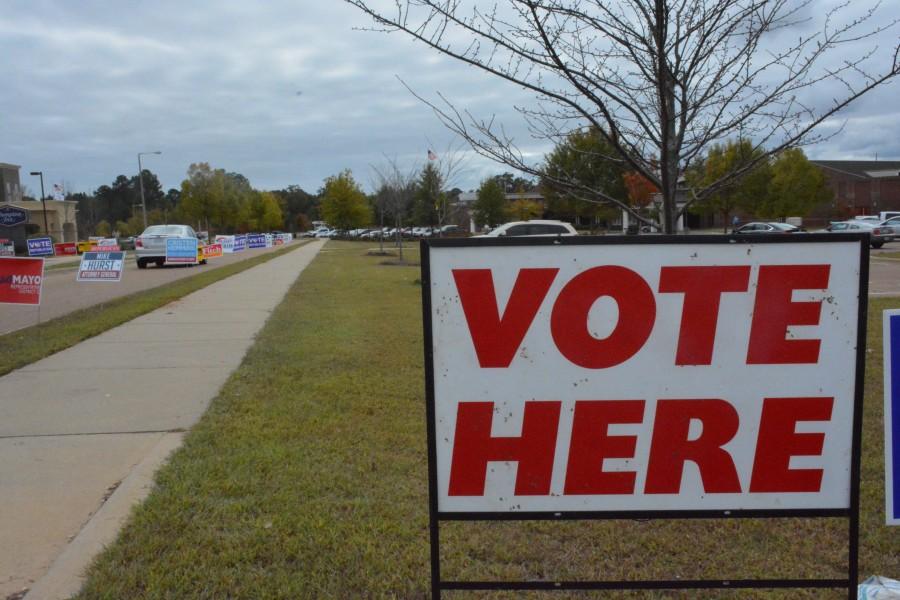Primary elections tear through state
March 8, 2016
The political fever has finally reached the deep south, and that means it is time to cast votes for political party nominees. This election has been caked by anti-establishment vs. establishment battles that have ravaged both parties, led by entrepreneur Donald Trump on the Republican side, and Senator Bernie Sanders on the Democratic side.
Mississippi is the last state in it’s immediate area to vote in the primaries, as neighboring states Alabama, Louisiana, Tennessee and Arkansas have already voted for their respective nominee.
Mississippi’s primary is set up as an open primary – where voters have the option to vote for either the Republican or Democratic party whenever they get to the doors, regardless of their registered party. Republicans will have the option to choose from Trump, Senators Ted Cruz and Marco Rubio, and Governor John Kasich. On the Democratic side, voters can choose from Sanders and former Secretary of State Hillary Clinton.
Although only a small portion of Oxford High School students are registered voters of Mississippi, many students have advocated and even campaigned for their respective candidate.
“I would consider myself an establishment Republican,” junior Zach Callicutt said. “I personally support John Kasich, who I consider the only adult on stage most of the time. I don’t have the same fears of Trump as most people, but his foreign policy is the part that scares me. His ideas on North Korea and Russia frighten me.”
Junior Virginia Parkinson, who considers herself as an Independent, has strayed away from the radical Sanders, and has instead focused on the “more electable” Clinton.
“I personally think that Hillary has the experience, she has the relationships, and most importantly, she has the electability for the general election in November,” Parkinson said. “It’s not that I wouldn’t support Bernie, it’s just that I personally associate more with Hillary’s views and I support her.”
When the polls close on March 8 at 7 P.M., Clinton and Trump are expected to be their respective party’s winners. However, Mississippi’s delegate process, where a state allocates delegates for the party’s nominating conventions, differs from most states. Mississippi is neither a winner-take-all state, nor a proportionate state. Rather, if a candidate wins more than 50 percent of the vote, they take all of the state’s delegates, but if no candidate gets half of the vote, delegates are awarded proportionally.
Partisan ties aside, any and all candidates messages to voters is clear: get out and vote. American Government teacher Joseph Sabatier has reiterated that message numerous times, and has even registered many of his own students.
“Studies have shown that people who vote for the first time that they can, will usually be more avid voters later in their life,” Sabatier said. “Not to say that if you don’t vote now, that you never will, but it’s very important to vote. Young people definitely have the power to swing an entire election.”
Even with the motivation, however, history has showed that significantly low percents of the voting population turn out for primary elections, sometimes as low as 15-20%, according to the New York Times.
“Think about it like the Super Bowl,” Sabatier said. “The Super Bowl always has the highest viewing ratings, but the playoffs don’t have that luxury. The Super Bowl would represent the general election, in this case, and the playoffs represent the primaries. Some people just want to pick between two people, rather than picking between five or six, which is what we are seeing now.”




